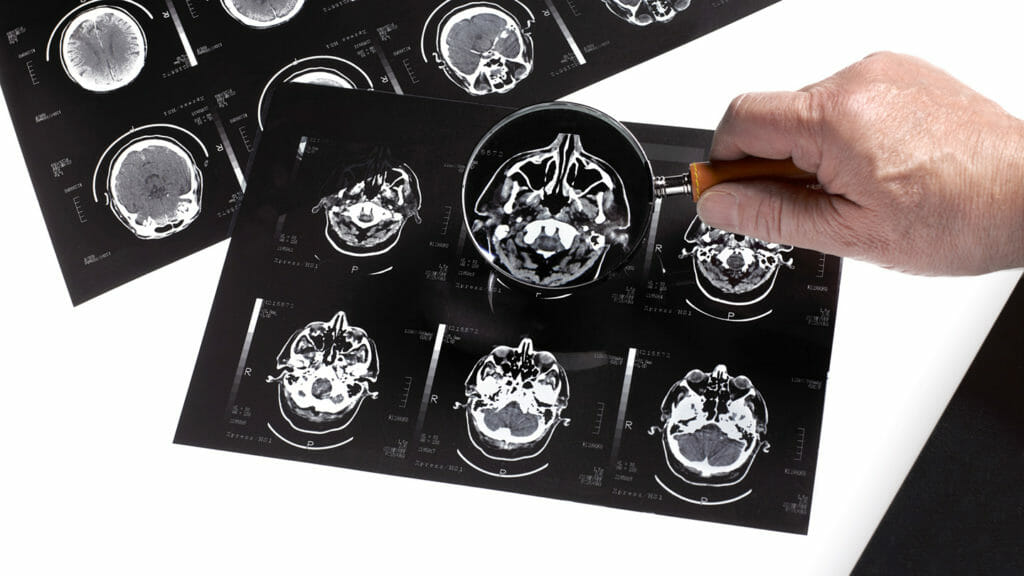

Long-term use of electrical stimulation, twice daily, can significantly improve memory functions in people living with Alzheimer’s disease, including word recall and recognition, new research shows.
The stimulation method is part of the ongoing push to research new and better methods of treating dementia. Although new drugs like lecanemab (Leqembi) offer promise for treating the disease, external treatment methods could avoid any risk associated with adverse drug reactions, or an inability to metabolize medicine, the researchers argued.
The brain stimulation method involves placing two electrodes on a person’s head over specific points and delivering a constant low-intensity electrical pulse.
It is unclear from the study whether the technology required a specialist and would need to be conducted in a hospital setting or whether it could be part of daily treatment for individuals such as memory care community or skilled nursing facility residents.
The electrical intervention, however, showed results over a period of several months or more, which is much longer than a typical hospital stay.
The study authors admitted that the research is in its early stages and that some significant work needs to be done to make sure the stimulation method doesn’t negatively affect brain structure and activity, such as ion activity.
“The exact mechanism of direct current stimulation for cognitive improvement in Alzheimer’s is still unknown,” the researchers acknowledged. “Further research is needed to elucidate the relationship between plasticity and cognition.”
Some technologies already are on the market that make use of some kind of similar brain stimulation.
A helmet produced by the tech company Neuronic treats dementia via light therapy and is being introduced to long-term care settings on a trial basis.
Other diagnostic tools are intended to help older adults check or monitor for signs of dementia or Alzheimer’s at an earlier, more treatable stage of the disease.


